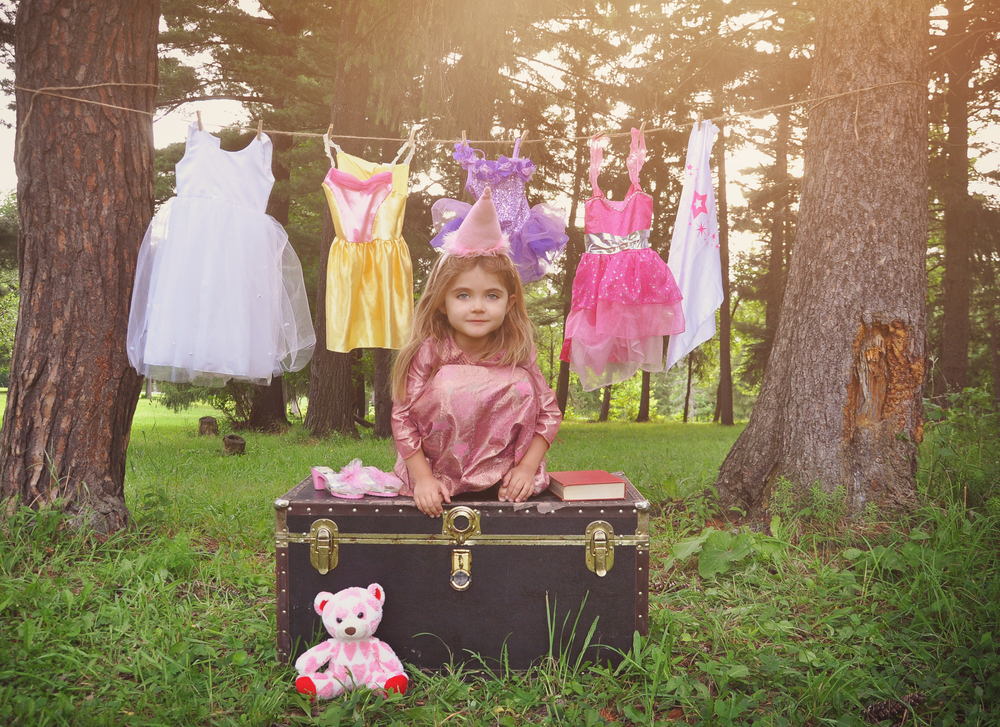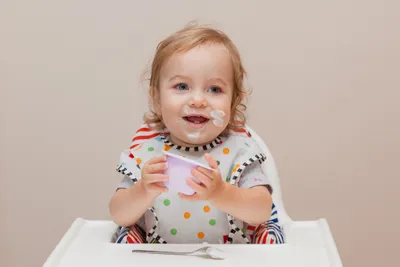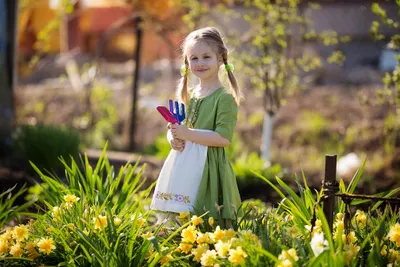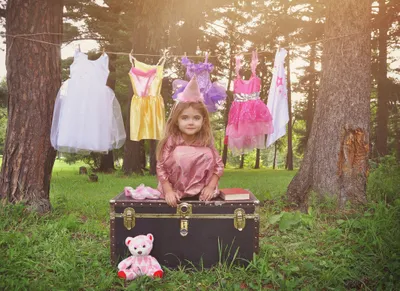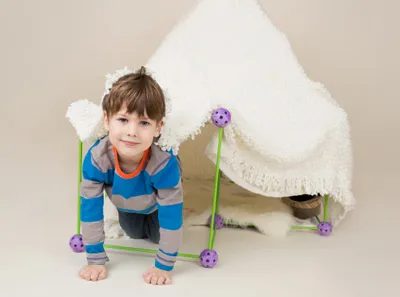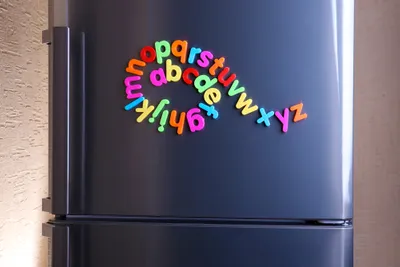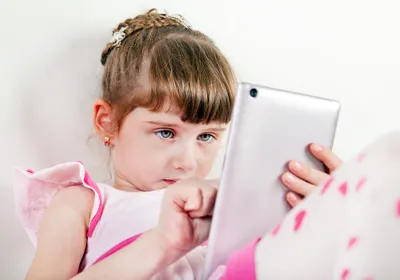As a parent, you try your best to get as much one-on-one time with junior as your can. But sometimes, you have to cook or clean or calculate your taxes or a number of other things that take you away from this noble task.
This can be true when you’re out shopping or banking as well as when you’re busy at home. Sometimes you don’t have a choice but to bring your toddler, but that doesn’t mean you have to juggle entertaining them while you’re trying to focus on another task. Here are seven great ways to help your toddler become their own entertainment (without sitting them in front of a television for hours)…
1. Introduce them to Yogurt Art
Parenting magazine suggests letting your kid play with their food. However, it gets a bit more specific than that. The article suggests choosing different colors of yogurt, laying down some waxed paper and letting junior make art from them.
The upside is that if your child feels the urge to lick “paint” off their fingers, you won’t have to worry whether it’s edible. Yogurt is also a lot easier to clean up than non-edible alternatives, adds the source.
2. Let them Grow
If you have a nice enclosed yard that offers a sufficient mix of sun and shade, then why not give your little one a plastic spade? Kids already love to dig in the dirt, reminds Parenting magazine, so giving them a few seeds to plant and showing them how to do it will thrill them and buy you some valuable time.
The perhaps even better part about this is that your child can marvel as the plant grows from their efforts. Then you can teach them how to water their plants… and perhaps the rest of the backyard garden while they’re at it! Bliss! Just be sure to keep an eye on junior, and ensure they can’t wander out of the enclosure. Sunscreen is also a good idea, or a good brimmed hat.
3. Involve Them in your Chores
If your toddler is really not the “I’m going to amuse myself” type, and you have loads of laundry to sort, don’t fret. BabyCenter suggests channeling all that raw toddler energy into helping you through these banal tasks quicker.
The article says you can “make housework fun for your toddler” by having them hand you clothes pegs. You can also teach them to sort the different kinds of laundry to make it easier to put away. If you’re preparing dinner instead of doing laundry, you can have them put out the place mats and napkins, as a suggestion from BabyCenter.
4. Let Them Dress Up
You may have noticed your toddler has a fascination with clothes and accessories; remember that time they tried to walk in your size 8 shoes? Well, why not grab an assortment of apparel and necklaces (loose fitting) and let them try some combinations?
Canadian Living magazine suggests this activity for 3-years and up. It also reminds you that some of the items may get “mangled” during playtime, so make sure you don’t offer your best accessories for this exercise. What the article doesn’t mention is also placing a mirror near them so they can be amused by their own (lack of) fashion sense.
5. Build a Fort Together
Kids love retreating into their own little spaces. It’s almost the same thing that drives parents have to sleep in a tent when there’s a perfectly good bed nearby.
Building a fort is a fun way to occupy your child, as well as help them learn to enjoy their own company (and how to build a fort). Help them build a safe fort from cushions or other items that won’t harm them if they fall over, and give them some books or toys to play with in the fort. Just make sure it has a clear opening for them to crawl out of and for you to easily check on them.
6. Give them Magnets
Magnets are pretty cool, and to a child, they’re downright fascinating. How do these magnets stick to metal? Magic, obviously. A website called TeachingMama.org suggests handing your child a collection of magnets (letters are a good choice) and let them arrange the magnets on a fridge to their heart’s content.
Also show them how the magnets can stick together or repel from each other…even more magic! Make sure your child isn’t of the age that they might try to eat the magnets (usually 3 or older as a guideline) rather than place them on metal.
7. Screen Time as a Last Resort
Experts are still debating how much “screen time” is healthy, and at what age we should be introducing it to our children. When we say screen time in this context, we’re not referring to television shows; we’re talking about digital tablets and smartphones.
It’s easy to say you don’t want to use technology to occupy your children, but tell that to any parent that has been on a 3-hour road trip or plane ride with a toddler. “As long as we’re maintaining a healthy ratio between moments of non-interaction and interaction, then I think we’re doing just fine,” says an article from Today’s Parent about children using tablets. Remember there are “educational” apps that can help your child learn while they play.
